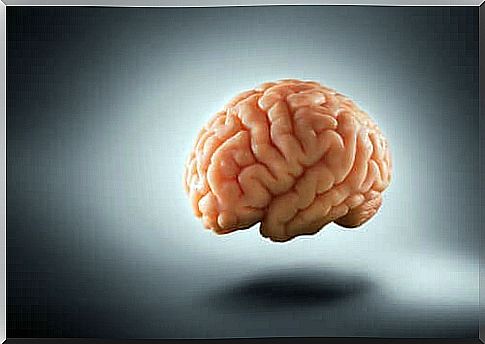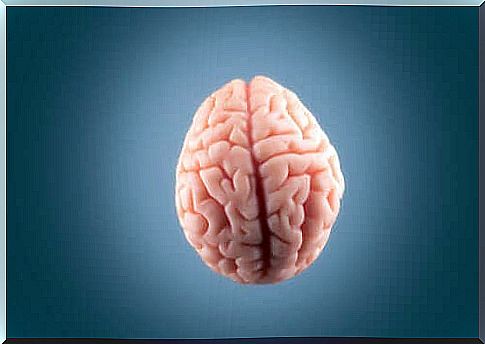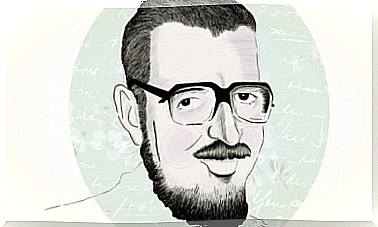How Poverty Changes The Human Brain

Is it true that poverty changes the human brain? Well, many of the brain studies of the last 50 years have focused on studying the effects of an enriched environment. They found that greater social and intellectual stimulation leads to structural and functional changes in the brain.
Given this fact, researchers began to investigate what happens in the opposite situation. Thus, they observed that lack of resources and poverty also changes the human brain.
The first studies focused on trying and discovering how socioeconomic differences are reflected in a person’s behavior and cognition. Other studies focused on the different brain networks, functions and structures according to socioeconomic levels. Despite this , researchers do not yet know exactly how these differences arise. However, there is enough evidence to confirm that poverty changes the human brain.

The effect on a developing brain
These findings relate mainly to children because they have a a brain that develops is more sensitive to external factors.
Environmental factors and genetic factors drive brain development. Thus, a person’s socioeconomic level can definitely affect this period.
Researchers discovered that the genetic load for the development of brain structure and cognition is higher in people with high socioeconomic status. Therefore, environmental characteristics may have a greater influence on those at low socio-economic levels.
Found
Language is one of the abilities that is most related to socioeconomic level during childhood. Research in this connection showed how poor children show less specialization in the brain areas that apply to language.
When it comes to memory , the poorest children have a smaller hippocampus. This effect will persist over the next five decades, regardless of socioeconomic conditions in adulthood.
Similarly, the amygdala is a brain structure associated with emotional processing, learning and motivation. In this sense, the poorest children have a smaller amygdala, which can change and lead to poor emotional regulation.
In addition, lack of stimulation and resources leads to changes and shortcomings when it comes to executive functions (more complex cognitive processes such as decisions or planning).
As in the previous processes, there is a connection between lower socio-economic levels and poorer executive performance, in addition to a lower volume in the current brain areas.
How poverty changes the adult human brain
Most of the effects of poverty discovered in adults are due to a lower socioeconomic level as children. However, there are also some effects regardless of what kind of childhood they had.
For example, an interesting study published in the journal Science found that a purely financial concern affects cognitive performance, especially executive functions.
For the purpose of the study, the researchers divided people into two groups based on a single criterion: difficulties with arithmetic operations. In the next step, each group had to deal with a situation of greater or lesser financial concern.
Both groups had similar results in the smaller variable. Similarly, people with greater financial concern achieved worse results in a more difficult variable. In other words, they showed a reduced ability to inhibit inappropriate response, in addition to selecting the corresponding and maintaining relevant information.

Mechanisms in the human brain
Although scientists do not know exactly the hidden mechanisms that change the human brain due to poverty, there are many possible reasons that occur together.
- Lack of resources. The limitation of resources, such as books, toys and educational opportunities, undoubtedly affects the amount and quality of stimulation.
- Nutrition. Nutrients play a fundamental role in the human brain, especially in neurodevelopment. Thus, vitamin B12 deficiency, omega-3 fatty acids, zinc and iron affect brain development. This is because they modulate plasticity, genetic expression and regulate the production and quality of neural networks.
- Stress. Both children and adults living in poverty suffer from the effects of stress. Exposure to poor environments is related to increased cortisol production, which has devastating effects.
- Toxic environments. People with lower socioeconomic status often live in toxic environments. For example, public housing near factories that are more polluted.
In one way or another, the fight against poverty is not just a matter of health. It is a variable and a generator of a context with very special circumstances that is often an obstacle to human cognitive function.









